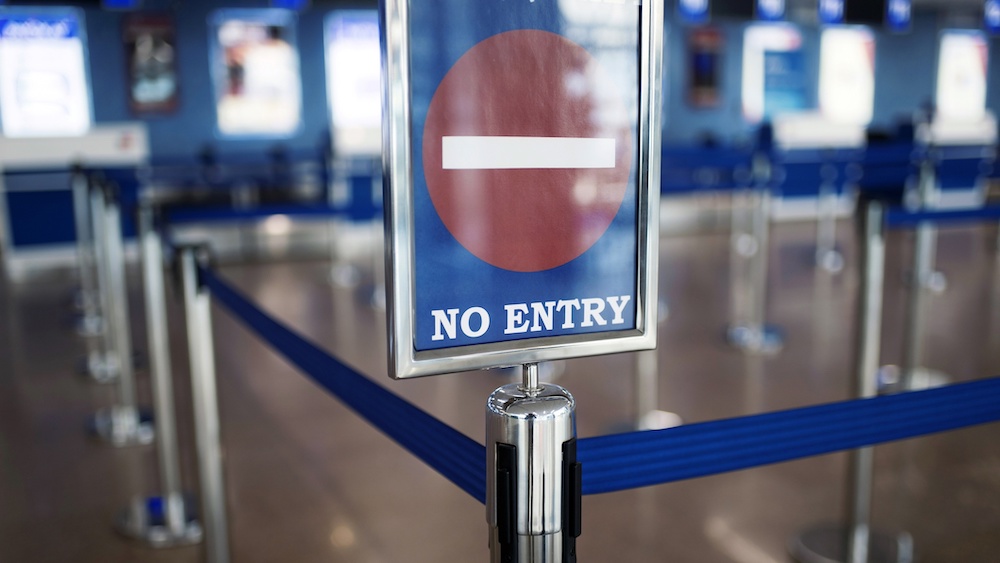If you’re interested in sharing your opinion on any cultural, political or personal topic, create an account here and check out our how-to post to learn more.
____
Yet again, President Trump is attempting to use the executive branch to prevent the immigration of people from countries he has expressed personal animosity toward in the past. The new travel ban would apply to travelers and immigrants from Eritrea, Kyrgyzstan, Myanmar, Nigeria, Sudan, and Tanzania — and also place restrictions on certain types of business and visitor visas. Further, some of these countries could be banned from participating in the diversity visa lottery program — a program that grants lawful permanent resident status (green cards) to people in countries with lower levels of immigration to the United States.
If Trump wants to accept fewer immigrants from “s**thole” countries, and accept more from predominantly white countries like Norway, this plan achieves it. The question then becomes would the courts find a compelling government interest for upholding this new ban, or would it deem this executive order unconstitutional?
Trump cites high levels of visa overstays and lack of adequate vetting from the listed countries to justify the order, but make no mistake, the true intent behind this executive order is to fulfill Trump’s goal of hindering Black and brown immigrants from coming to the United States and rousing his anti-immigrant base in a reelection year.
As a USCIS official under President Obama, I witnessed first-hand how anti-immigrant groups cherry-pick and manipulatively use data to sell false narratives — just as the Trump administration is doing now. The Trump administration argues that in the 2018 fiscal year, 24% of Eritreans on business or visitor visas overstayed their permits, along with 15% of Nigerians and 12% of people from Sudan. However, a Center for Migration Studies report concluded that past reports of visa overstays by Trump’s DHS were flawed for two primary reasons: (1) DHS’s data included overstays in addition to departures that could not be verified; and (2) the collection of data was reliant on an inadequate tracking system that failed to account for entry and exit through different ports of entry, and changes to persons immigration status while in the United States.
Further, this travel ban does little to address the stated problem of overstays. If overstays were the real issue, DHS could use less extreme means — like removal proceedings — that would identify violators and process them to be removed. Additionally, to help solve this problem — and as past Homeland Security officials have urged — Trump could request additional funding to invest in technologies that would notify visitors of their departure dates and overstays.
This order should be reviewed by the courts as an equal protection issue rather than appropriate use of presidential authority to suspend entry to the U.S. — like the U.S. District Court in San Francisco did for the unlawful revocation of Temporary Protected Status in 2018. Absent a showing of valid national security threats from these countries (and failure to adopt easier methods), this executive order should be ruled unconstitutional because it’s not designed to keep America safe, it’s designed to discriminate.
____
David Adeleye is the former Advisor to the Director of United States Citizenship and Immigration Services (USCIS) under President Obama.
